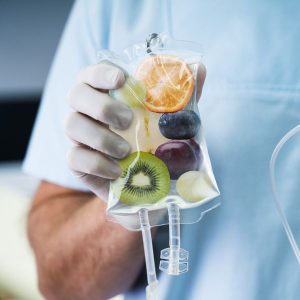 An article by Leslie Ellis
An article by Leslie Ellis
“Malabsorption can be a very serious symptom and side effect of Celiac Disease. Most nutrients from food are absorbed in the small intestine, and people with Celiac disease will most often have difficulty absorbing important vitamins & minerals.
B-Vitamins, more commonly referred to as B-Complex vitaminsare the group of 8 essential B vitamins necessary to metabolize dietary fat and protein and critical to healthy hair, skin, nails eyes and liver function. B’s are also key for proper nervous system function, so mood, energy and motor function can all be affected by proper or low levels.
- Vitamin B1 (thiamine)
- Vitamin B2 (riboflavin)
- Vitamin B3 (niacin or niacinamide)
- Vitamin B5 (pantothenic acid)
- Vitamin B6 (pyridoxine, pyridoxal, pyridoxamine, or pyridoxine hydrochloride)
- Vitamin B7 (biotin)
- Vitamin B9 (folic acid)
- Vitamin B12 (various cobalamins; commonly cyanocobalamin in vitamin supplements)
Are you stressed?B-Complex vitamins are depleted in your body as it combats the effects of stressors, and are used up quickly ~ replenishing your B vitamin levels helps your body battle symptoms of stress. If you’re suffering from Celiac Disease, you could already be deficient in B vitamins, making it an even harder struggle for your body to recover in stressful times.
Milk, Yogurt, Eggs, Beef, Beans, Oranges and Apples are all great sources of B vitamins. B Vitamins are water soluble and do not accumulate in your body. They need to be replenished in sufficient quantities each day through the food you eat. If you suffer with Celiac Disease, your body isn’t able to extract nutrients as easily from food, and a B-Complex supplement to keep up a steady good balance of energy levels, positive mood and mental focus.”
Additionally, I would recommend Vitamin and Nutrient Deficiency Testing to determine what your body is lacking and to customize a treatment plan tailored to your individual needs. -Dr. Shel


















